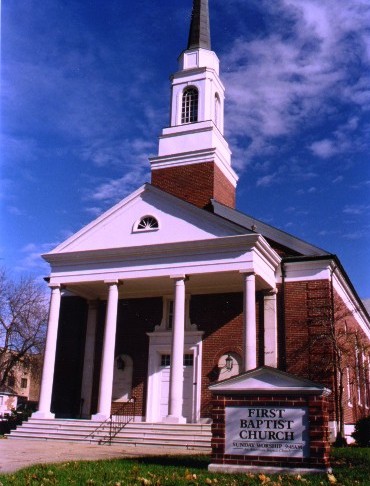skip to main |
skip to sidebar


messages from the pulpit of the First Baptist Church of Ames, Iowa
About Me

- Dave Russell
- Ames, Iowa, United States
- I am an American Baptist pastor serving a church in the heart of the Iowa State University community. WIth our worship services now recorded and posted to our church's YouTube channel, I am not posting the sermon each week but will continue to post sermons from time to time.


